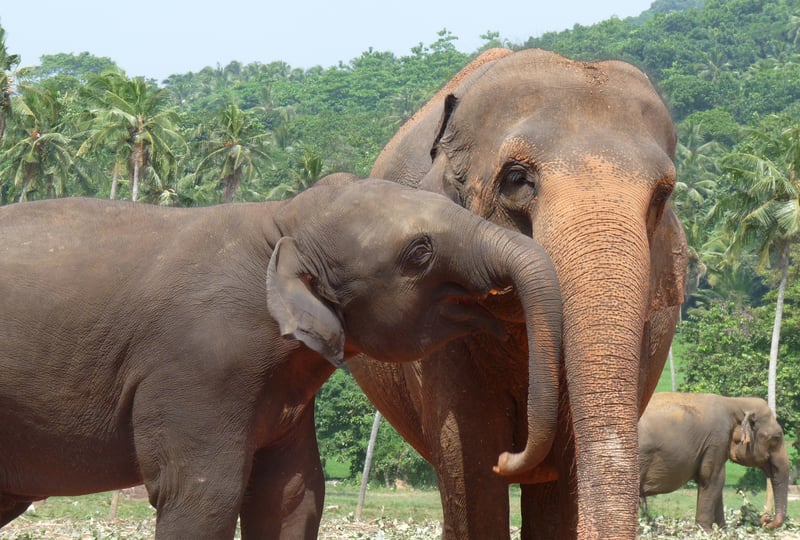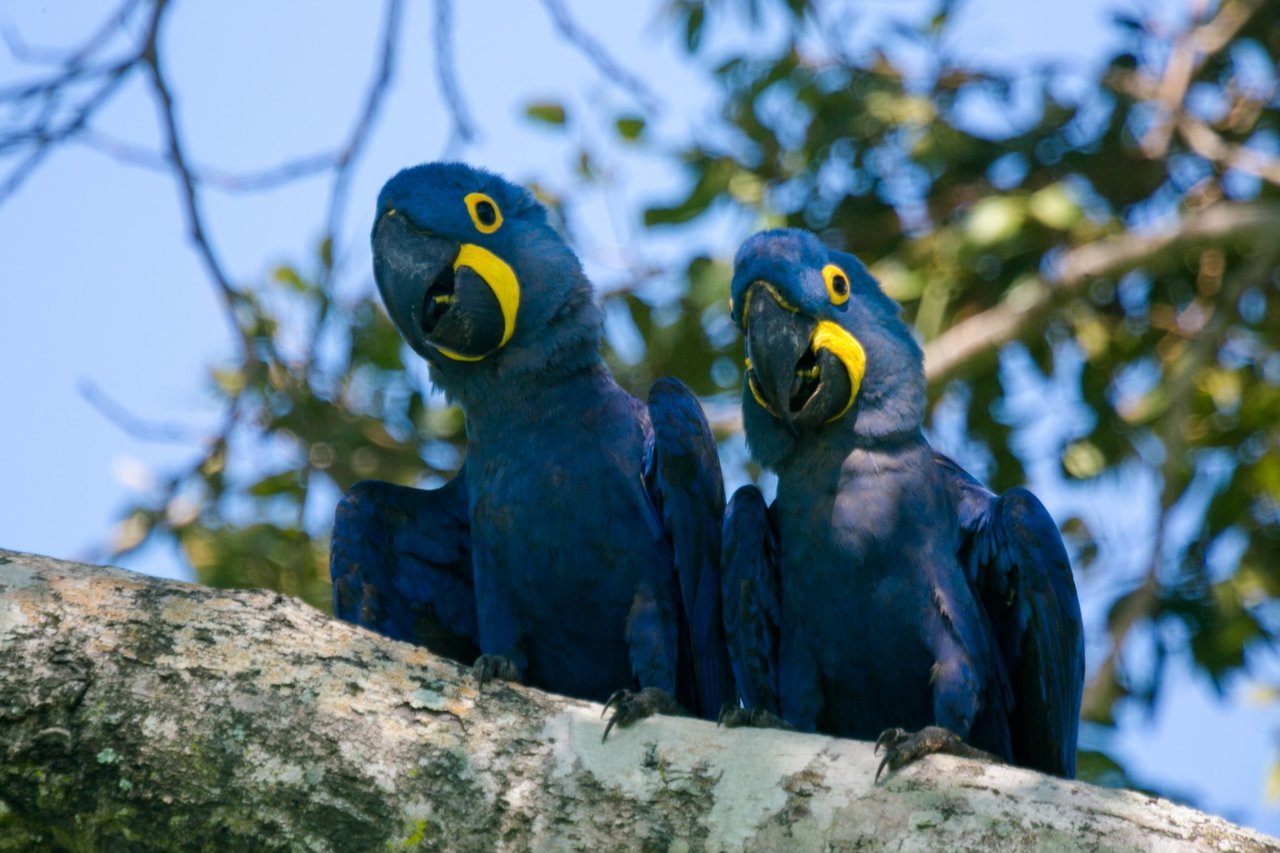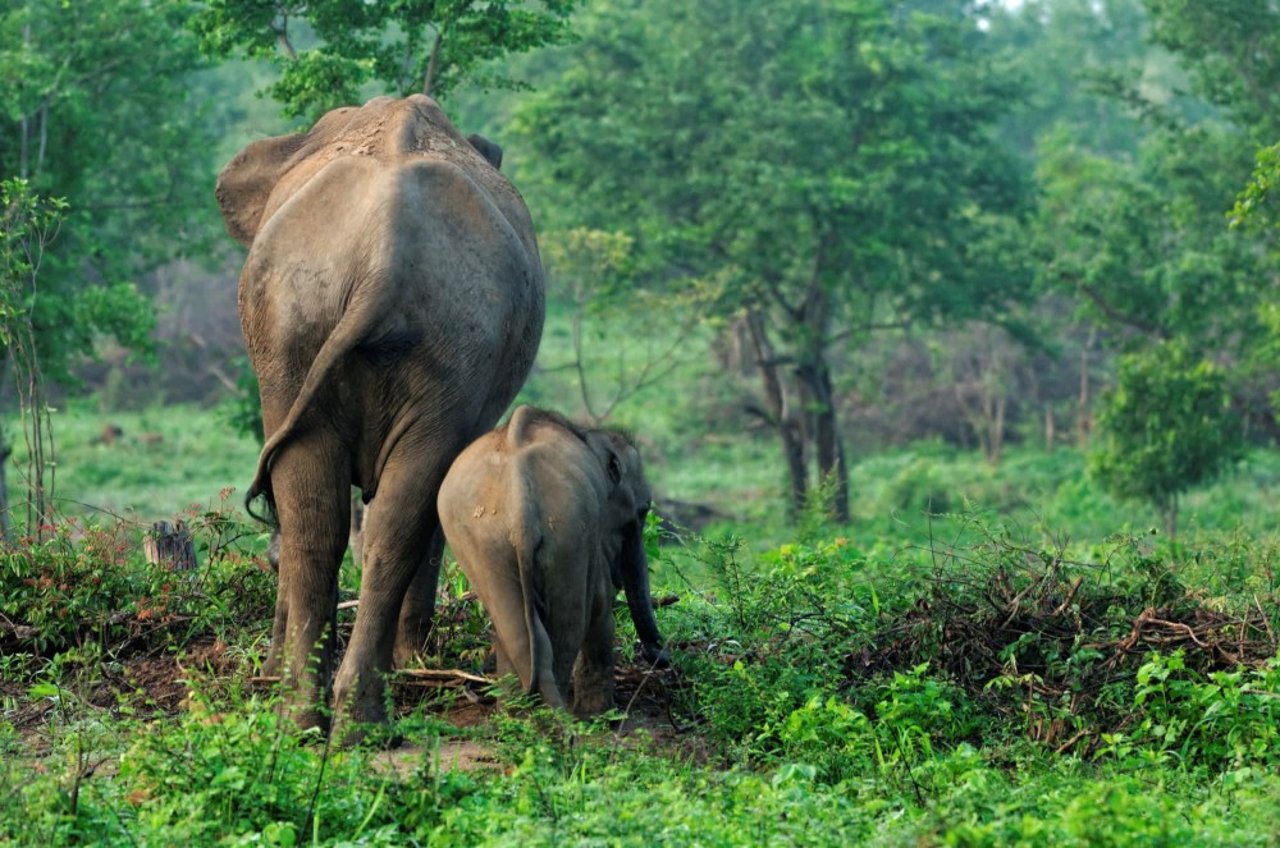
Show your love for animals this Valentine’s Day
News
With Valentine’s Day around the corner, let’s look at the animals that love unconditionally.
Valentine’s Day is a time to say “I love you” to the ones closest to you and spend the day showing your emotions, be it through flowers, chocolates, or simply a hug.
It may come as a surprise that farm animals can also share some of these same types of emotions and sensations. They may not necessarily form the words, I love you, but scientific research has shown that animals are sentient beings that feel positive and negative emotions such as joy, pleasure and pain.
Many forms of love
- Animals need love and support, too. Social support among farm animals can help improve their physical and psychological welfare (Rault, 2012).
- Grief is not only felt by humans. Elephants, too, mourn the death of a loved one, and have been seen to form a circle around an elephant hit by a dart during radio-collar programmes. When an elephant was dying, both related and non-related elephants showed helping behaviour and exhibited what was thought to be compassion and concern (Douglas-Hamilton et al., 2006).
- As anyone with a dog will know, empathy can be found in animals. Dogs show a greater emotional response to humans when they cry, compared to when they talk (Custance et al., 2012).
- Apparently, animals can also be prey to judging on looks alone: Chickens agree with humans on the attractiveness of men and women 98% of the time (Ghirlanda et al., 2002).
- But then, so is jealousy. Research has shown that dogs express jealousy when their owners display affectionate behaviour towards other dogs (Harris & Prouvost, 2014).
- Animals form emotional attachments. Following the death of his sister, an 18-year-old captive brown bear only slept for a third of the time he did when his sister was alive; and spent more time inactive. It is likely the two had developed a close bond, and the loss was greatly felt (Mattellio et al., 2014).
- They even have courting rituals. Whales, for example, cross their flippers when courting (Bekoff, 2014).
References and further reading
Rault, J.L (2012). Friends with benefits: Social support and its relevance for farm animal welfare. Applied Animal Behaviour Science, 136(1), 1-14.
Ghirlanda, S., Jansson, L., & Enquist, M. (2002). Chickens prefer beautiful humans. Human Nature, 13(3), 383-389.
Douglas-Hamilton, I., Bhalla, S., Wittemyer, G., & Vollrath, F. (2006). Behavioural reactions of elephants towards a dying and deceased matriarch. Applied Animal Behaviour Science, 100, 87-102.
Custance, D.M., & Mayer, J. (2012). Empathic-like responding by domestic dogs (Canis familiaris) to distress in humans: an exploratory study. Animal Cognition, 15(2), 851-859.
Mattiello S, Brignoli SM, Cordedda A, Pedroni B, Colombo C, Rosi F (2014) Effect of the change of social environment on the behavior of a captive brown bear (Ursus arctos). Journal of Veterinary Behavior: Clinical Applications and Research 9:119–123.
Harris, C. R., & Prouvost, C. (2014). Jealousy in Dogs. PloS one, 97(7), e94597.
Bekoff, M. (2000). Animal Emotions: Exploring Passionate Natures: Current interdisciplinary research provides compelling evidence that many animals experience such emotions as joy, fear, love, despair, and grief—we are not alone. BioScience 50 (10): 861-870.

